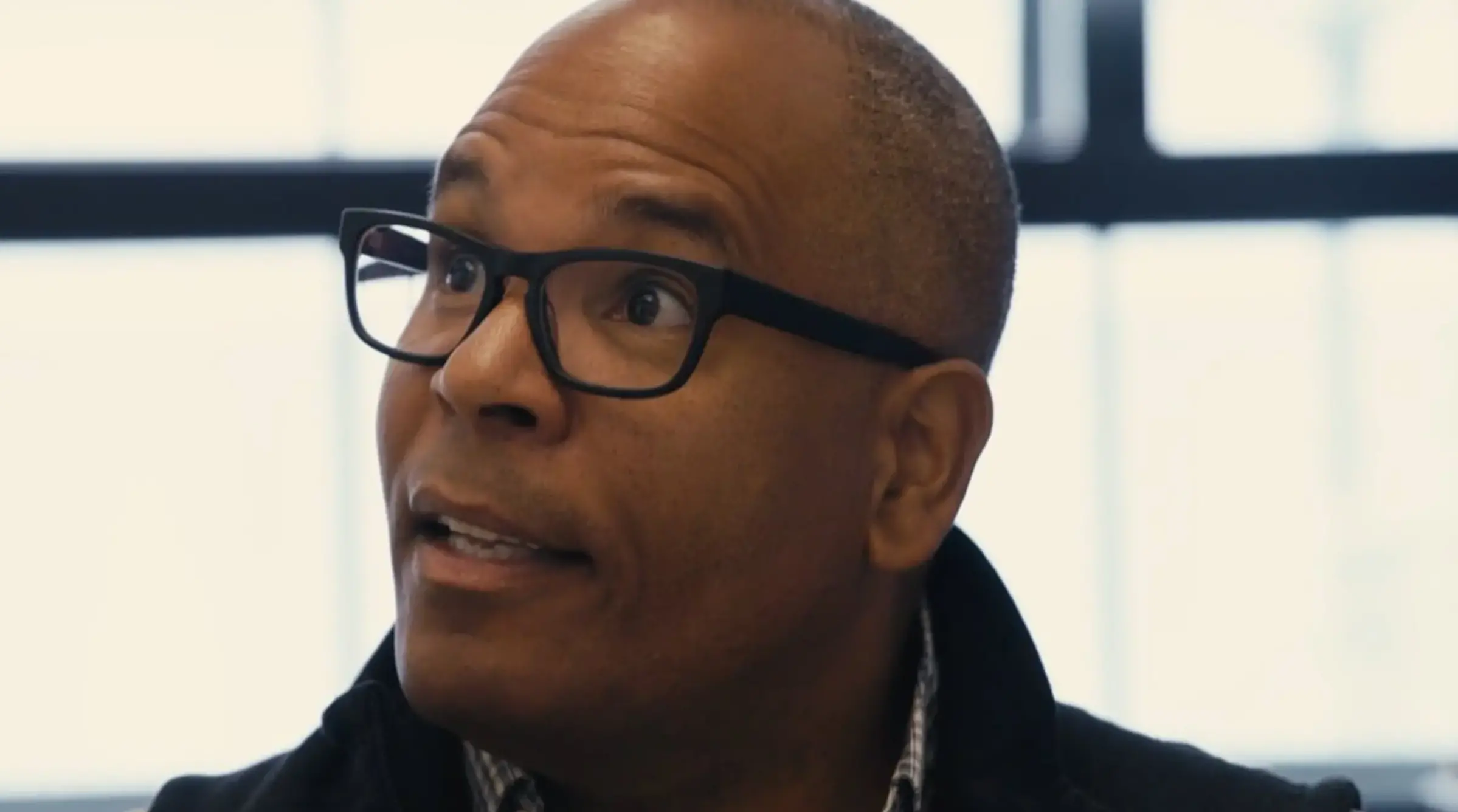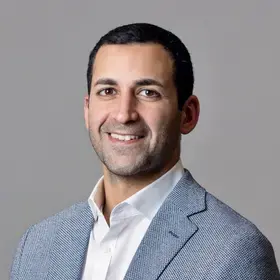By Nia Anyike
Scott Miller is an experienced communications professional and the Director of Strategic Communications for Columbia University Information Technology (CUIT). Miller pursued an Executive M.S. in Strategic Communication from the Columbia University School of Professional Studies on a part-time basis and has continued to apply learnings in his career.
A hallmark of the curriculum, he recalls, is the capstone—a collaborative applied project that requires students to devise solutions and strategies for real-world communication issues. Miller’s team’s capstone was for EBONY magazine, a historic and beloved brand among Black households. "I read it [EBONY] as a kid, so it was exciting being able to apply my career experience to helping a publication that meant a lot to me as a Black person,” he shares. Miller led the design of the final presentation to the client. He shares how Columbia’s M.S. in Strategic Communication Program, including the capstone project, has helped him to refocus his career aspirations and goals.
Why did you decide to pursue a master's in Strategic Communication from Columbia University?
Good communication helps us to understand what’s happening in our industries. Many organizations fall into the trap of thinking that everyone should understand their messaging because “this is how we communicate.” But the truth is that different people communicate and absorb information in many different ways. Pursuing Columbia’s M.S. in Strategic Communication really helps to ground you in best practices. It was a fantastic opportunity for which I’m grateful. This degree also provides tangible ways to enhance the skills you already have. The program helps you to unpack and examine what you know, and to contextualize it within a research-based discipline.
Tell us about your experience with the strategic communication capstone project.
The capstone is a great opportunity to take all of the things that you've been taught and really use them in a team environment where you're working with other members of your cohort who at this point have become your work partners. You have a company who is your client—a real client—that you are presenting to. I was actually responsible for putting together and creating the design for our presentation deck. You put together a lot of questions and hypotheticals, you do your research, and then you take all of that data that comes back and all of us really become the analysts. Making the data tell a story in a way that everyone can understand—that’s a fundamental part of being a communications professional. One thing that you do with the capstone is you have to kind of ramp up to what's called “the big idea.” And the big idea should be the thing that they kind of almost know where you're going and then when you say it, they go, “Yes!” And that’s success.
How has this program helped you stay current/future-oriented in your career?
When I first came into my role [as CUIT Strategic Communications Director] at Columbia, I conducted a communications audit to get a sense of what was already being done. The M.S. program gave me a clearer focus on how I wanted to go about implementing that audit. It gave me a laser focus on what and how to prioritize when leading a strategic communications operation. The curriculum also helped give me a clearer sense of my capacities.



